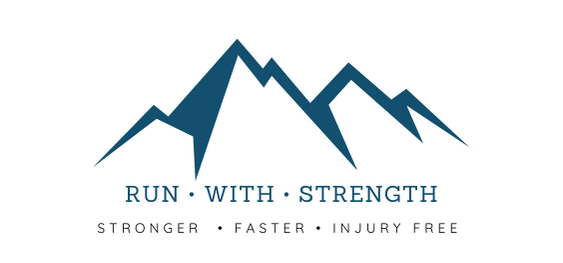Recovery starts as soon as you finish the an intense bout of exercise. This doesn’t mean just drinking a sports drink and you’re done. To maximise the benefits of the workout and prepare you for your next workout, you need to follow a few simple steps. This all starts with food.
Below we will outline 3 stages of nutritional recovery.
Stage 1: Refuelling (0-3 hours)
- Consuming carbohydrates as soon as possible after an intense workout is critical. It allows the body to take full advantage of the high rates of muscle glycogen storage which occurs immediately after exercise. This ensures your muscles are fully stocked with glycogen, ready for your next workout.
- After a very intense fuel depleting exercise session, a recovery meal or snack is important. Aim to ingest a meal or snack that is approximately 1g of food per kg of body weight per hour. So for a 70kg athlete, this is 70 grams of food per hour. This snack/meal should be a high GI carbohydrate, as they are quickly transported into the blood stream.
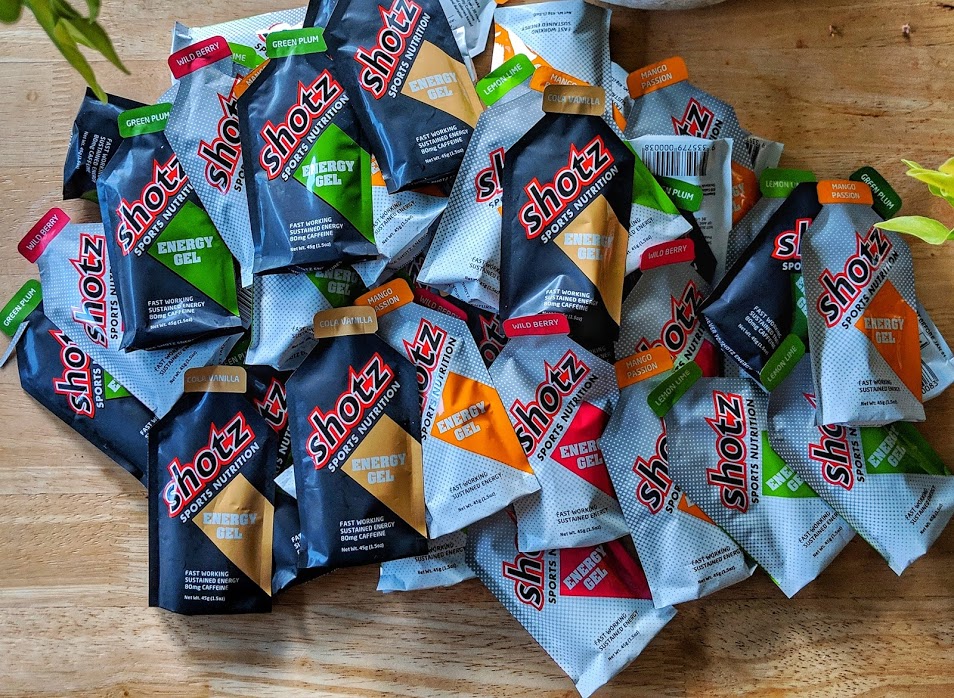
Food ideas for stage 1:
- 300ml milk shake (soy or cow) or fruit juice
- 2 slices of toast with banana, honey or jam
- 1 large baked potato with toppings
- 2 x energy gels
- 700-800ml sports drink with carbohydrates
- High carbohydrate sports bars
- Bowl of sweet potato wedges
- Thin based pizza
- Panini with mixed filling
Stage 2: Repair and Adapt ( 0-3 hours)
- Post workout protein consumption is essential to avoid muscle breakdown, maximise protein synthesis and stimulate molecular adaption. It is recommended you ingest a rapidly digestible protein rich snack as soon as feasible after intense exercise. After intense exercise, 30-40 grams of protein is recommend. 20 grams is appropriate for less intense workouts.
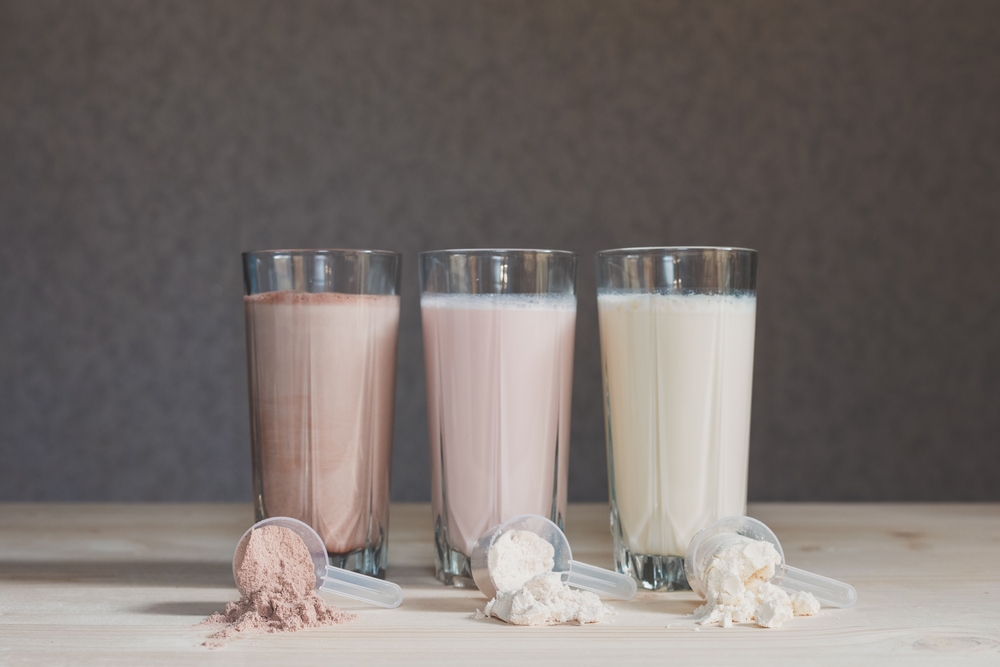
Food ideas for stage 2:
- 300ml milkshake (soy or cow)
- High protein sports bar
- Whey or vegan protein powder drinks
- 200g greek yogurt
Remember that the above food ideas are for the immediate post workout recovery, as these sources of protein are rapidly digestible. Other sources of protein are appropriate for the later stages of recovery.
Stage 3: Build and prepare (2-4+ hours)
This stage is about building muscle and maximising glycogen storage in muscles. Appropriate nutrition at this stage helps maximise fuel for the next workout/match/race and ensures muscles optimally adapt to exercise.
- High protein, high carbohydrate meal. A mix of 30g protein, 80g carbohydrate and 20g fat is optimal. This should be consumed within 2-4 hours post intense workout.
- To fully maximise muscle protein synthesis, it is recommended you consume 20-25 grams of protein every 3-5 hours during the day. This ensures a steady supply of protein to maximise muscle recovery.
- A snack with 10-20 grams of protein can be consumed before bed to maximise muscle protein synthesis overnight.
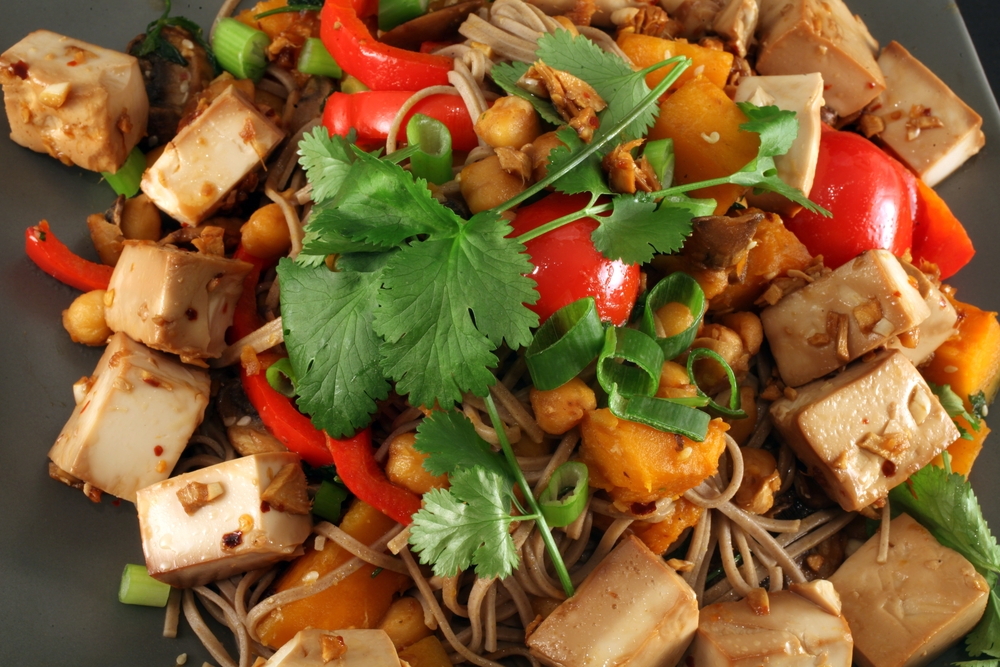
Food ideas for stage 3:
- Chicken and mushroom risotto
- Tuna Bake/ Tuna casserole
- Vegan option: Satay tofu stir fry with rice noodles or rice.
- Vegan Option: Poke bowl with tofu and edamame beans. Add boiled egg/s for vegetarians.
- Vegetarian: 2-3 x Eggs on wholemeal/multigrain bread with avocado, mushroom, tomato and spinach.
Rehydration
Rehydration should occur immediately after exercise and continue for the entire day.
- Consume fluid as indicated by thirst. Ensure electrolyte intake is adequate. Electrolytes can be consumed via sports drinks or via “salty foods”. We recommend avoiding high sugar sports drinks if you have not completed an intense workout, as the high sugar is unnecessary and ultimately detrimental to overall health
- Avoid excessive alcohol consumption as it is counteractive to rehydration and refuelling.
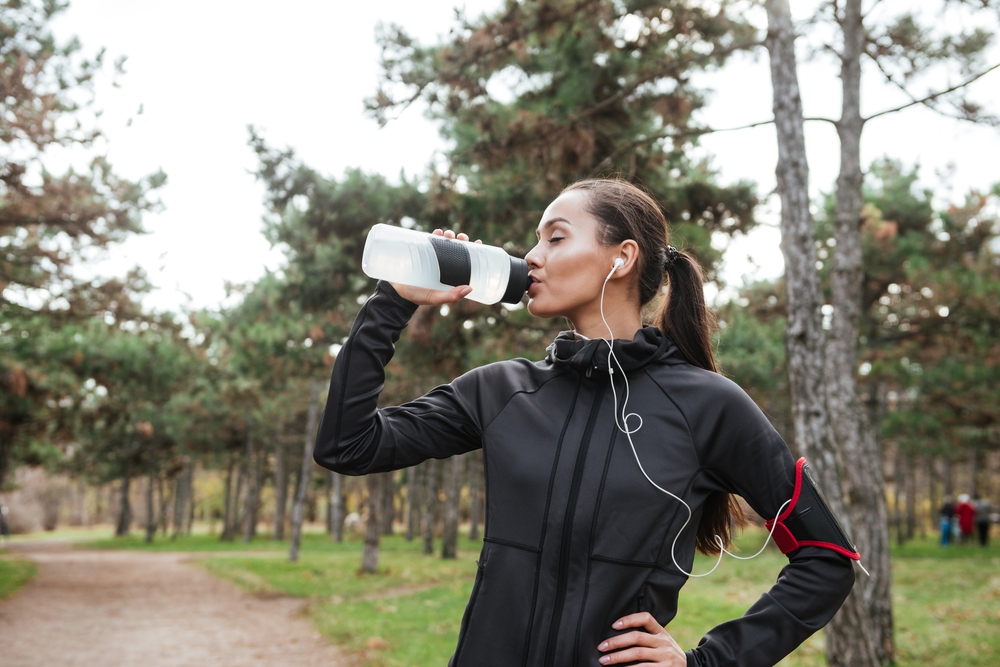
Hydration ideas:
- Sports drinks with electrolytes and carbohydrates (Tailwind)
- Lower sugar fruit juices
- Milk based drinks
- Cola, tea and coffee are ok in small amounts.
- Water is appropriate when consumed with salty snacks. Water alone can be poor at rehydrating an athlete as sodium levels will be too low for your body to hold onto the water.
References
Alghannam, A. F., Jedrzejewski, D., Bilzon, J., Thompson, D., Tsintzas, K., & Betts, J. A. (2016). Influence of post-exercise carbohydrate-protein ingestion on muscle glycogen metabolism in recovery and subsequent running exercise. International journal of sport nutrition and exercise metabolism, 26(6), 572-580.
Knechtle, B., & Nikolaidis, P. T. (2019). Nutrition and Ultraendurance: An Overview. In Nutrition and Enhanced Sports Performance (pp. 163-173). Academic Press.
Ranchordas, M. K., Dawson, J. T., & Russell, M. (2017). Practical nutritional recovery strategies for elite soccer players when limited time separates repeated matches. Journal of the International Society of Sports Nutrition, 14(1), 35.
